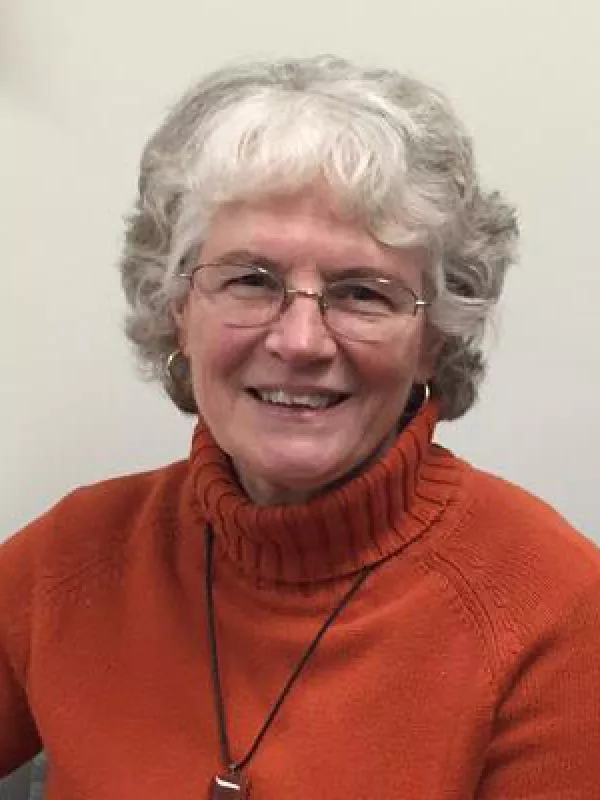This article appeared in the Fall 2016-Spring 2017 Bryn Mawr Math Alumnae Newsletter.
"I think people who take the class are puzzle-solvers" says Penny Dunham, Visiting Professor and Research Associate, who taught the new elective Math 295: Codes and Ciphers at Bryn Mawr this past spring.
The course combined mathematical theorems and historical context in an overview of cryptology from the first century B.C.E. to the present.
"Secret-writing and keeping information private have been an important part of history," Dunham continues. Over the course of the semester, her course emphasized this theme. As an early example, students learned how the breaking of an enciphered message used by Mary, Queen of Scots, ultimately led to her execution.
Ciphers considered by Math 295 include Vigenère, a polyalphabetic cipher in which a repeating pattern of different shifts are used to change the letters of the plaintext message, and Hill, in which the plaintext is converted into a matrix of numbers and then multiplied by a key matrix.
A highlight of the course involved learning the mathematics behind Enigma, the famous German cipher machine broken by Alan Turing and the team at Bletchley Park (subject of the 2014 dramatization The Imitation Game).
Penny Dunham came to Bryn Mawr from Muhlenberg College where she taught from 1992 until her retirement in 2014. While at Muhlenberg, she took a course on cooperative learning and group work. This course illustrated these techniques with exercises involving the encoding and decoding of messages. The experience sparked Dunham's interest in the subject of cryptography.
When given the opportunity to design her own course, Dunham chose to do cryptography. As a result, she taught Codes and Ciphers every other year until she retired. When Bryn Mawr needed visiting professors to teach in the Spring 2017 semester, she jumped at the chance to introduce cryptography to our students.
Dunham enjoys teaching Codes and Ciphers because it uses number theory, a field of mathematics that originally had no applications and was simply an exploration of the properties of whole numbers. With the advent of cryptography and its usage in technology, however, it has become integral to human daily lives. Dunham says that teaching at Bryn Mawr has been a good experience, and she has been "impressed with the varied interests of the students here." When asked what her favorite part of teaching is, she responded, "It's exciting to see that spark in somebody's eyes when they finally get it."
